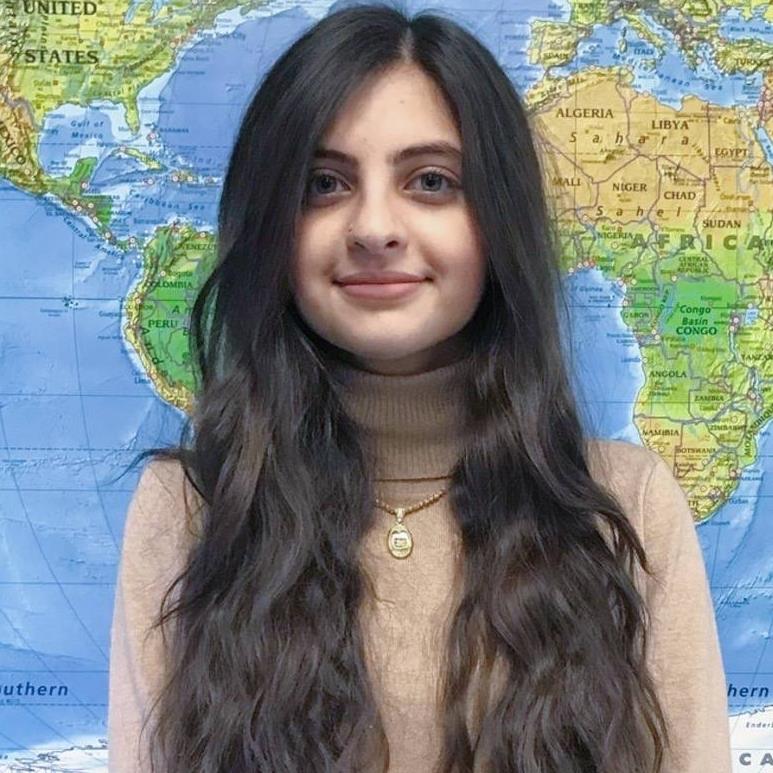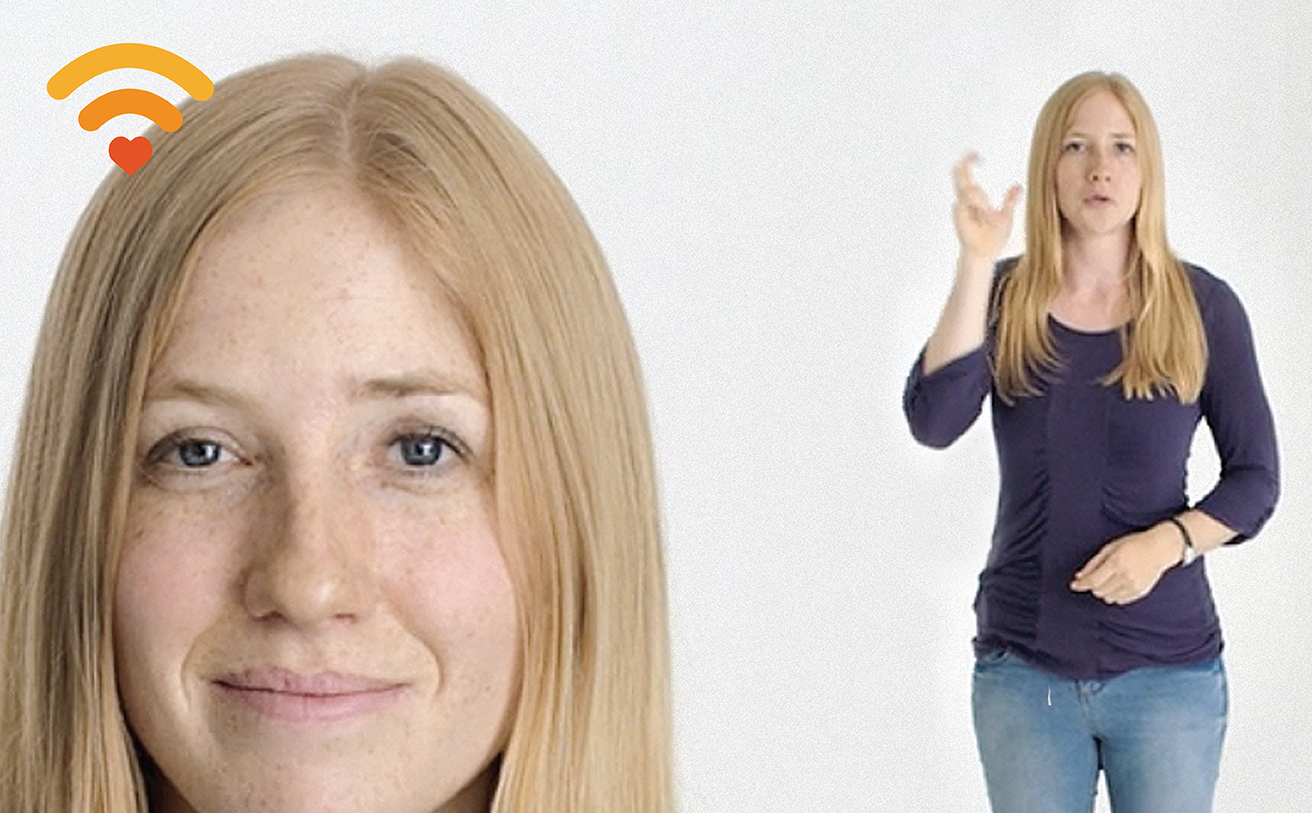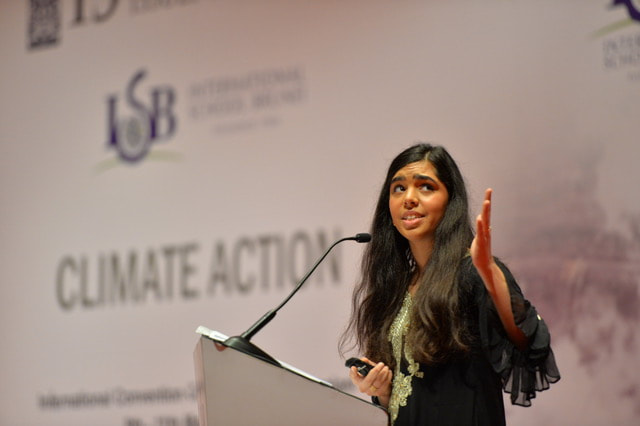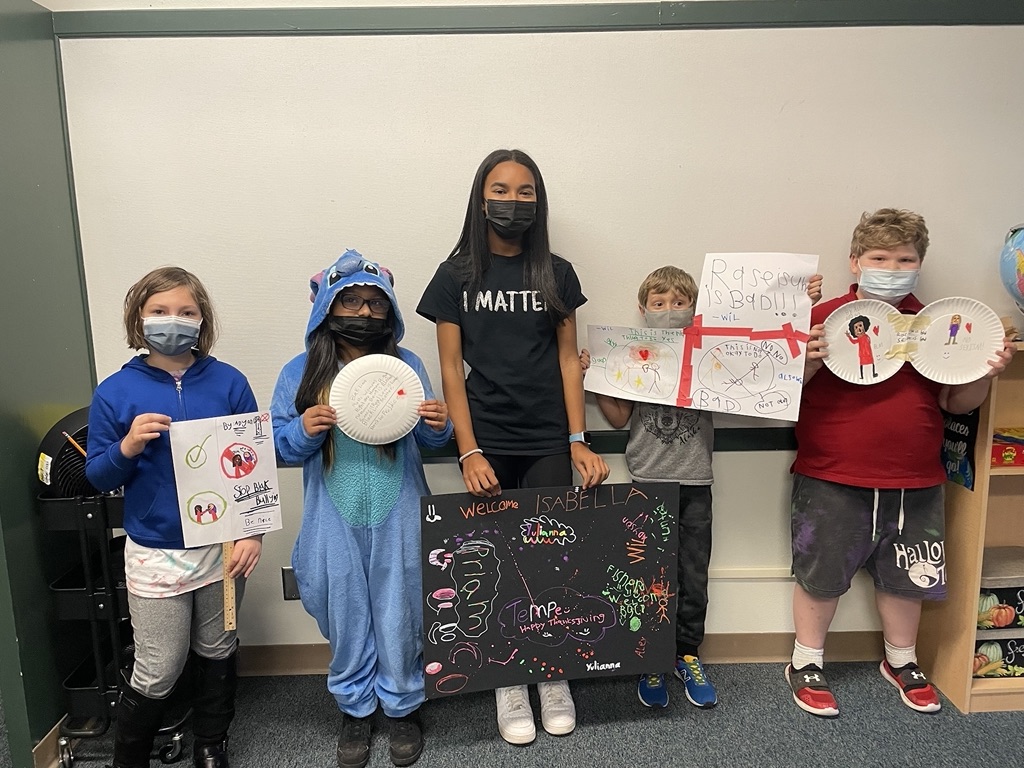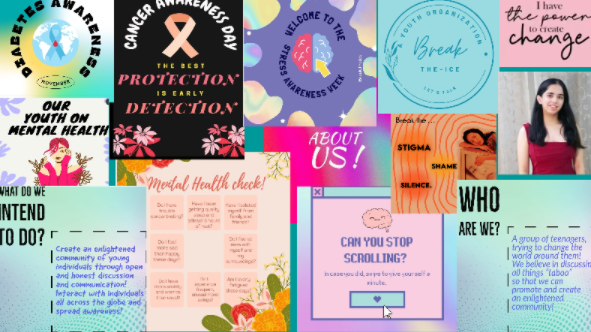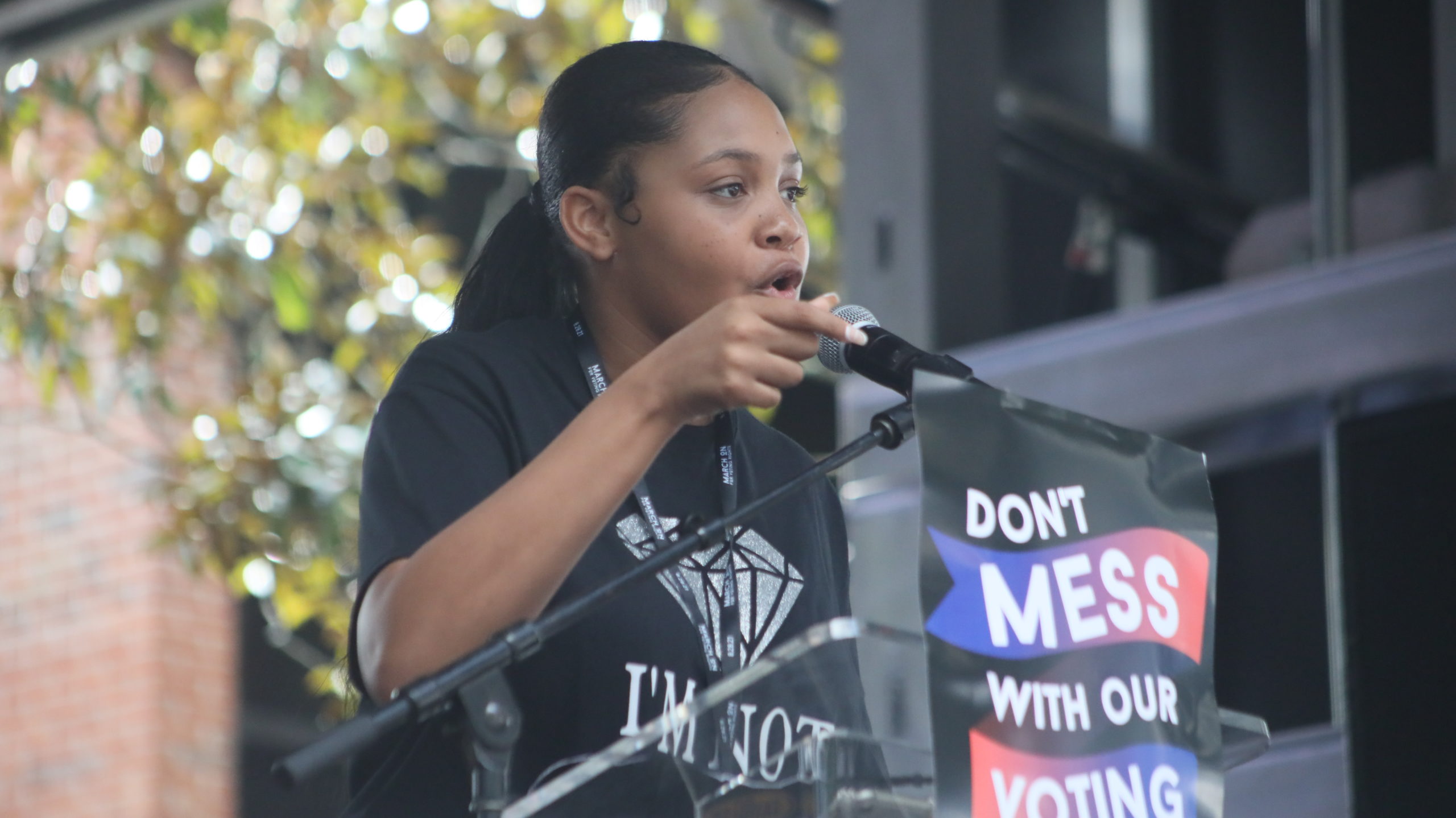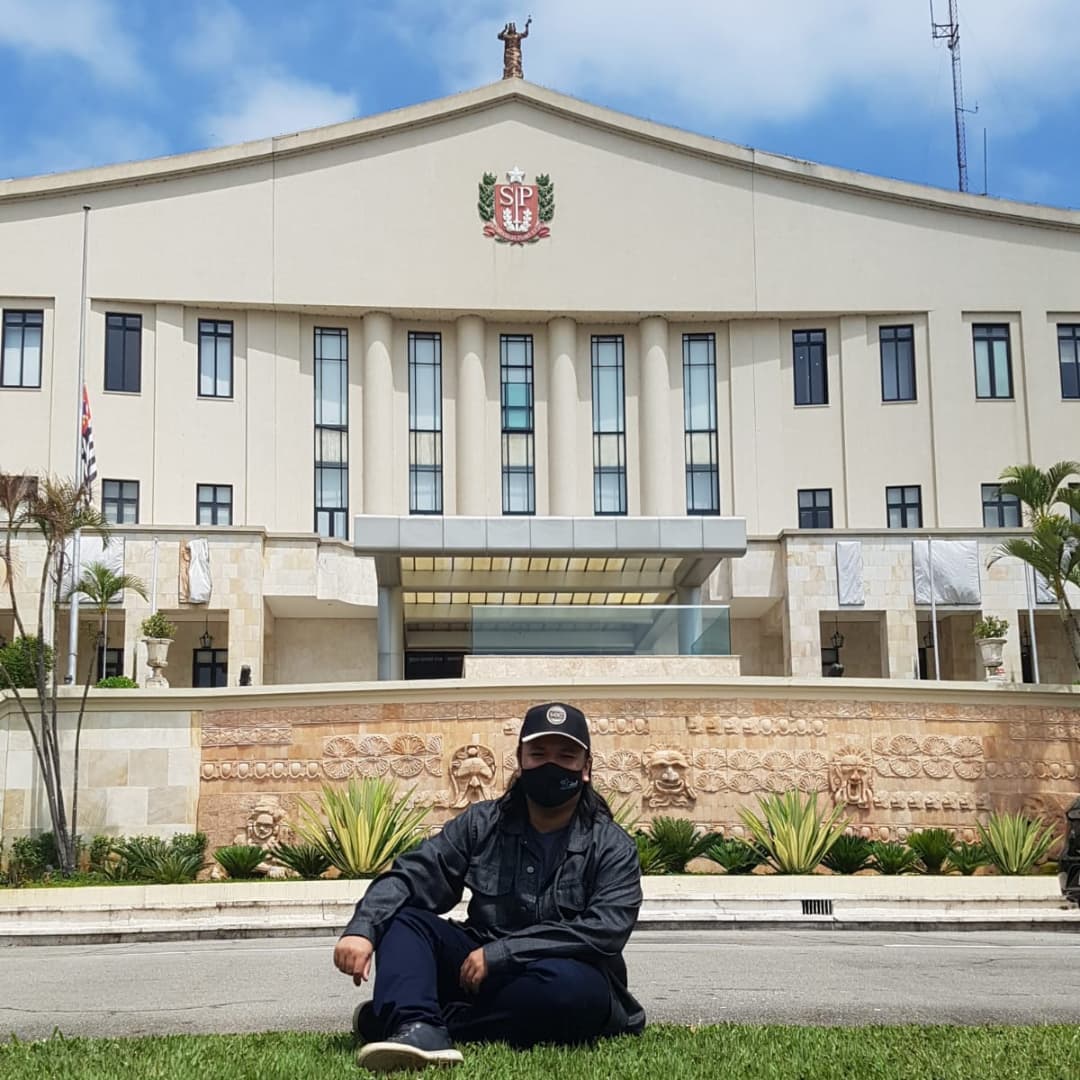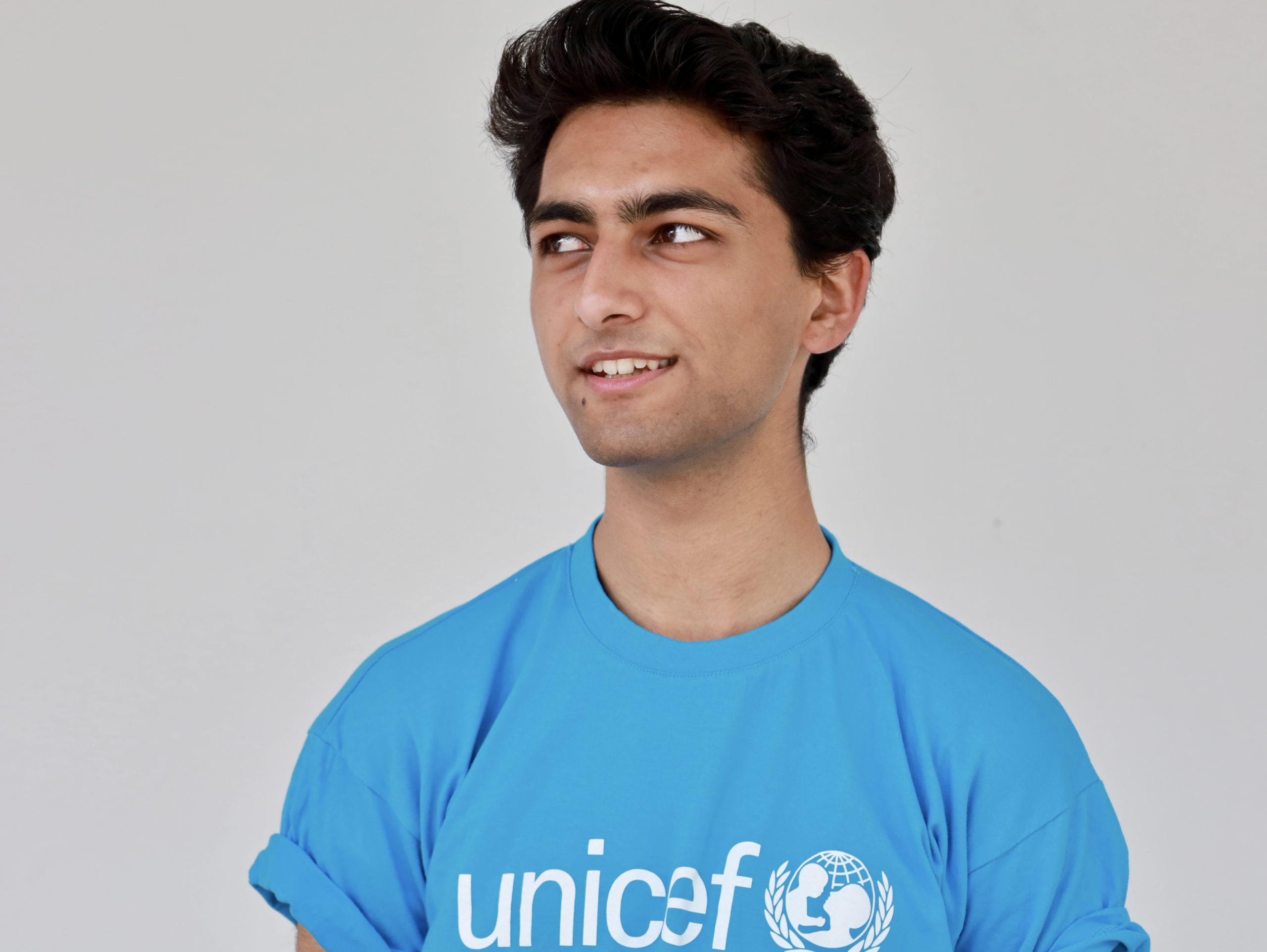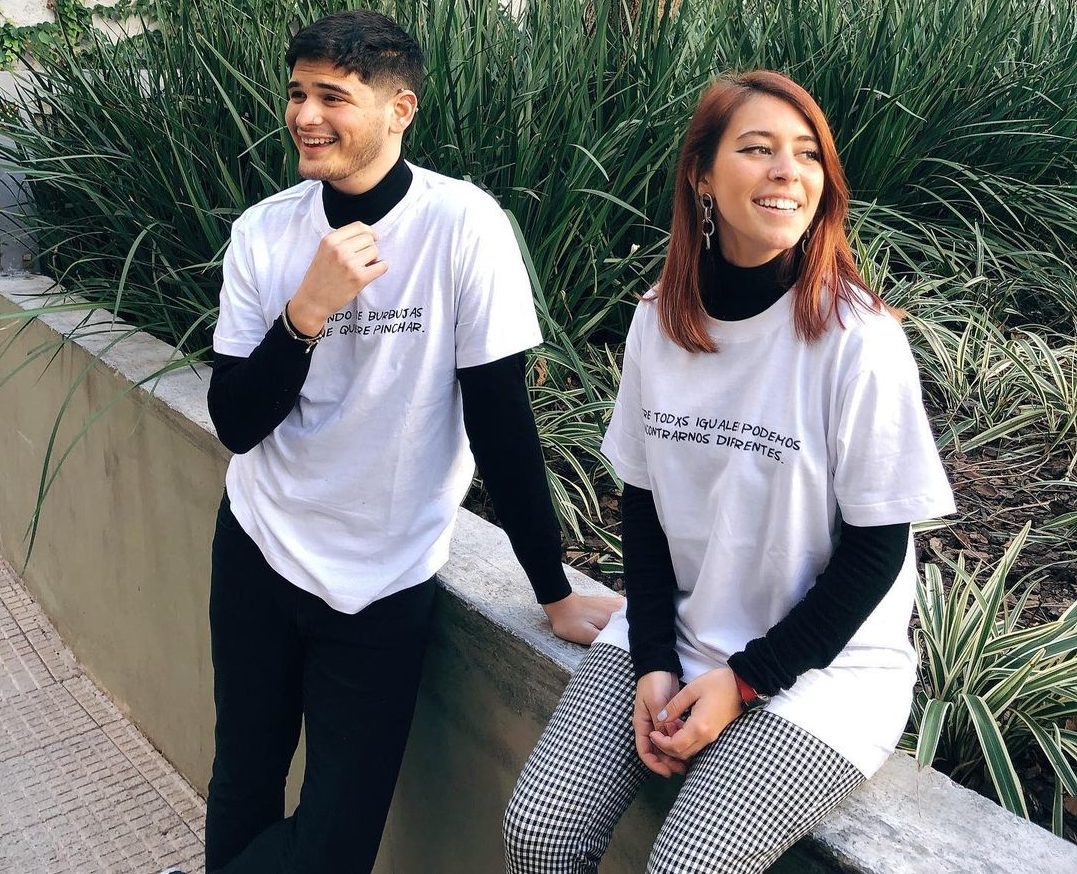It’s 3:00AM, and I’m scrolling on my laptop passing through a range of numbers: 4.8%, 7.9%, 14.1%. The next day, I’m still scrolling, now just past a new set of percentages. Since the start of senior year in high school, I found myself trapped in the midst of statistics, calculated figures, and numbers— all of which seem to define college admissions.
From SAT/ACT scores, GPA, and class rank to paying for application fees and score reports, colleges are full of applicant data. As students apply, it has become starkly clear that admissions to universities, especially selective schools, is increasingly harder. According to the UCLA Newsroom, this year UCLA received over 100,000 applications for a class size of approximately 7,000.
However, beyond the numbers of your scores and rank, colleges ultimately want to hear a story and imagine a student on their campus, making a difference. I would never been able to create my own narrative if it wasn’t for a current college student, Rohit Mathew.
As a first generation student, I had no idea about the college application process. However, Rohit personally understood the confusing position high school seniors like me can face due to their background and decided to voluntarily mentor students applying to college.
I met Rohit on a Model UN trip and we instantly clicked on the bus ride. He introduced me to a college program geared towards low-income, first generation, minority students called QuestBridge. As a mentor, Rohit would stay up late editing college essays with comments and feedback. He would send personalized gifts to relieve the stress of the application process. He was present.
Whether it was a FaceTime call or a text, you could wake him up at 3:00 AM if something was wrong. His most admirable quality is being able to empathize. One student’s fee waiver for the City University of New York (CUNY) wasn’t accepted and her parents couldn’t afford the application fee. Thus, she was going to withdraw her application. Rohit is a current student at Baruch College, a CUNY school, studying there for free. As a CUNY student, he knew the value of education and wanted to ensure that she could apply to CUNY schools that have excellent academic programs and financial aid. So he offered to pay the fee because of the opportunities it could hold.
Rohit says that “kindness means to serve others.” His kindness is shown through the smallest actions and his constant compassion through mentorship is a reminder of the human connection we all need to succeed, not the defined statistics we often measure our success with.




